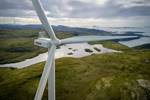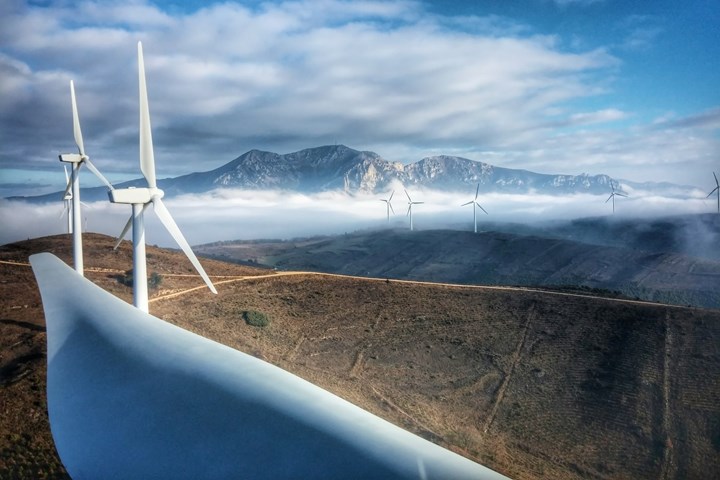Vestas expands partnership with long-time blades partner TPI Composites
Continuous collaborative effort is sought to strengthen the wind energy supply chain, such as production setup optimization for current and future wind blade facilities, and evaluation of future locations.
Share
Vestas (Aarhus, Denmark) has signed a multi-year framework agreement with long-time partner and supplier of wind turbine blades and services TPI Composites Inc. (Scottsdale, Ariz., U.S.), to strengthen its scalable global supply chain network for current and future wind turbine blades. The new agreement is a continuation of the existing Vestas and TPI partnership agreement, and further builds on the expanding capabilities of TPI and core strengths of both companies.
“The continued and expanded partnership highlights how we are increasingly collaborating with partners, and how we continue to evolve and reshape the industry together,” Tommy Rahbek Nielsen, executive vice president and chief operating officer (COO) of Vestas, says. “We have been working together with TPI since 2014 and during that time, they have become one of our most trusted and strategic blade partners. With this agreement, we are happy to continue this journey, leveraging their global footprint and providing scalable, high-quality and sustainable supply together.”
TPI and Vestas work closely together on global manufacturing and supply chain operations, based on Vestas’ specifications and requirements. TPI is currently supplying a range of blade variants to Vestas’ 2- and 4-megawatt (MW) platforms as well as the EnVentus platform. TPI will continue supply of blades from its existing global production footprint, while optimizing the production setup in current facilities, and evaluate new locations for possible future growth in strategic markets.
Vestas and TPI are also equally investigating further collaboration possibilities for the V163-4.5 MW and V236-15.0 MW turbines and assessing the optimal manufacturing and production location setup for these new blades.
According to Vestas, sharing manufacturing operations across the renewables industry is more relevant than ever to ensure sites are not sitting idle and creates a flexible, scalable and efficient supply chain that enables industrial scale to meet global net-zero ambitions. “We look forward to continuing our collaboration with the supply of current and future blade models, blade design and other services globally,” Bill Siwek, CEO, TPI Composites Inc., adds.
Related Content
-
Novel composite technology replaces welded joints in tubular structures
The Tree Composites TC-joint replaces traditional welding in jacket foundations for offshore wind turbine generator applications, advancing the world’s quest for fast, sustainable energy deployment.
-
Composites end markets: Energy (2024)
Composites are used widely in oil/gas, wind and other renewable energy applications. Despite market challenges, growth potential and innovation for composites continue.
-
RTM, dry braided fabric enable faster, cost-effective manufacture for hydrokinetic turbine components
Switching from prepreg to RTM led to significant time and cost savings for the manufacture of fiberglass struts and complex carbon fiber composite foils that power ORPC’s RivGen systems.
















